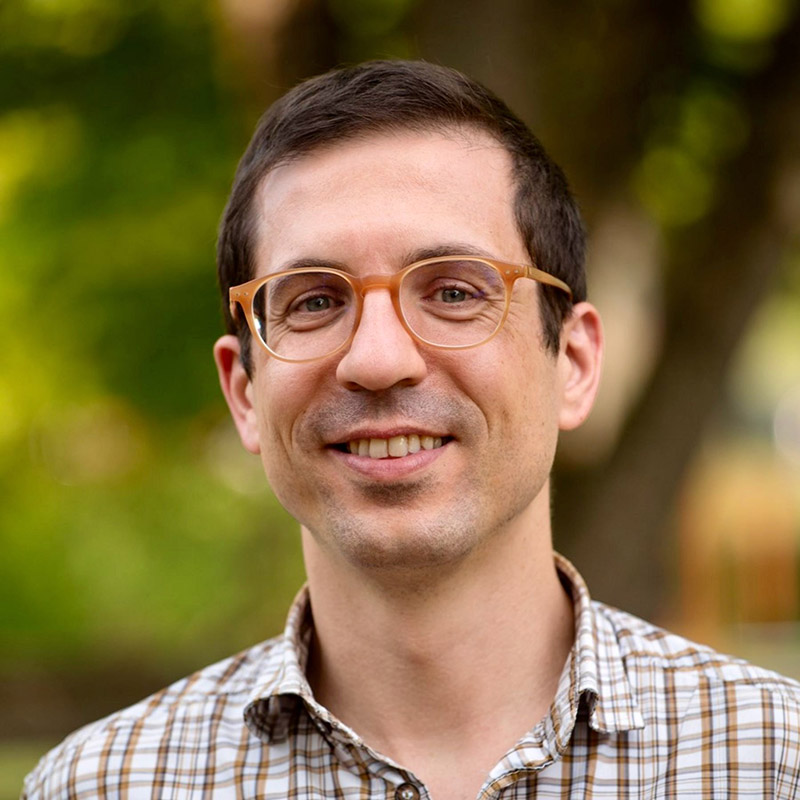MQV-Kolloquien sind interdisziplinäre Vorträge, die sowohl von lokalen als auch von eingeladenen internationalen Experten gehalten werden. Die Kolloquien, die per Videokonferenz für ein weltweites Publikum zugänglich sind, decken alle Facetten der Quantentechnologien ab, wobei der Schwerpunkt auf den Forschungsaktivitäten des MQV liegt. Ziel der Reihe ist es, Verbindungen zu Experten:innen auf dem Gebiet der Quantentechnologie weltweit herzustellen und zu stärken und eine Plattform für Bildung und wissenschaftlichen Austausch in und mit dem lokalen Quanten-Ökosystem zu bieten.

"Quantum computing with neutral atoms: new strategies and perspectives"
Andrea Alberti – Max-Planck-Institut für Quantenoptik (MPQ)
Abstract
Quantum computing holds the potential to efficiently solve problems that are currently intractable for classical computers. However, to surpass classical computing capabilities, quantum computers must be able to handle a large number of qubits—a major challenge for any quantum computing platform. Ultracold atoms trapped in optical lattices provide a universal quantum computing platforms with gate quantum fidelities exceeding 99% and the potential to scale up to thousands of qubits. In this colloquium, I will outline the Munich Quantum Valley (MQV) plans to develop a quantum computer using Rydberg excitations of strontium atoms, review the current progress in cooperation with our MQV partners, and explore future perspectives in the field.
Kurzbiografie
Andrea Alberti (born 1982) is a Senior Scientist (Akademischer Rat) at the University of Munich (LMU) and a group leader in the Quantum Many-Body Systems Division at the Max Planck Institute of Quantum Optics. His primary research focus is quantum computing with neutral atoms. Prior to his current position, Andrea gained over a decade of experience as a group leader at the University of Bonn, where he conducted experiments with single neutral atoms trapped in optical lattices.
Andrea received the Rudolf Kaiser Prize 2017 for his experimental tests of quantum superposition states with neutral atoms. He also served as a member of the Young Academy of Sciences of North Rhine-Westphalia from 2018 to 2021.
Nehmen Sie an unserem Online-Kolloquium über Zoom teil unter:
https://eu01web.zoom.us/j/64158654884?pwd=VUZSczcrSXJuaEJzbmJwamN4V0Nvdz09
Meeting ID: 641 5865 4884, Kenncode: 823197